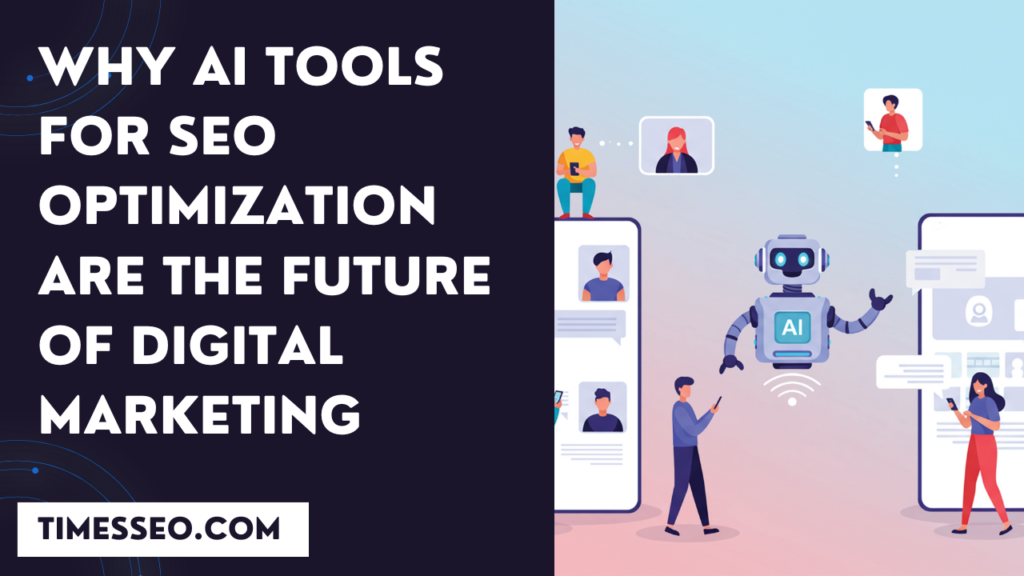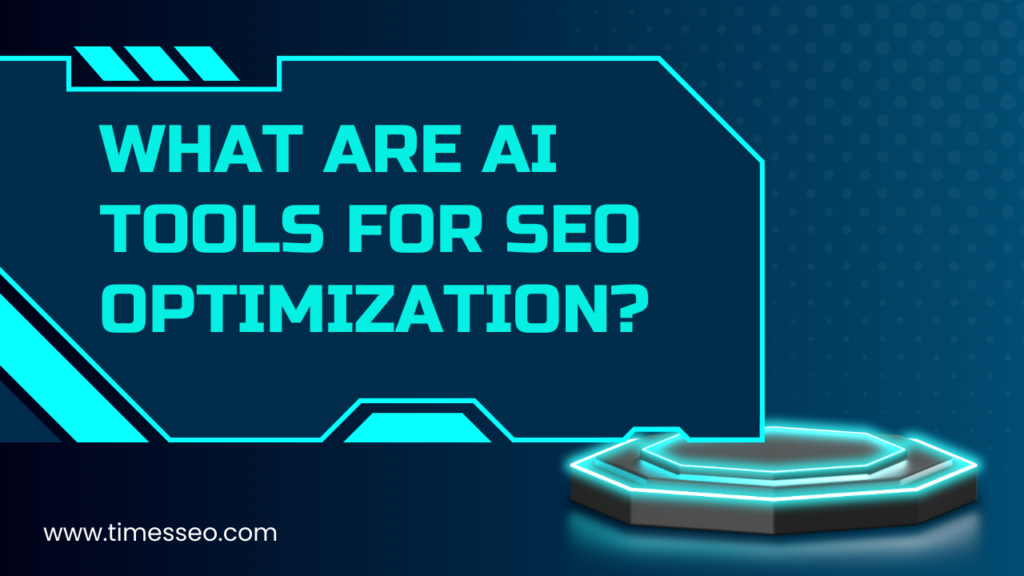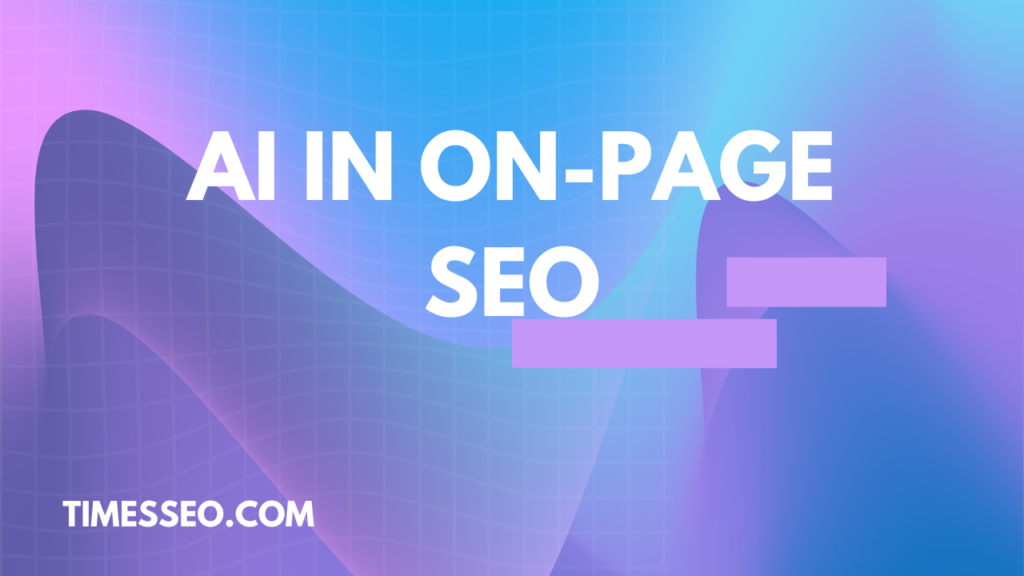
Why AI Tools for SEO Optimization Are the Future of Digital Marketing
Discover why AI tools for SEO optimization are transforming digital marketing. This blog post explains how AI enhances keyword research, content creation, technical SEO, and user experience, helping businesses stay ahead in the competitive online space.
Table of Contents
Introduction
Backlinks, keywords, and on-page optimization are no longer the only components of SEO. With Google’s algorithms becoming smarter by the day, traditional methods aren’t enough to stay ahead. This is where AI tools for SEO optimization come into play. Businesses’ approaches to digital marketing are changing as a result of them, becoming more precise, individualized, and quick. But why are these tools the future of SEO? Let’s dive in.
What Are AI Tools for SEO Optimization?
AI tools for SEO optimization are advanced software solutions that use machine learning, natural language processing, and automation to improve search engine rankings. Instead of relying only on guesswork, these tools analyze massive amounts of data, understand user intent, and recommend or even create content that search engines love.
Think of them as your SEO assistant—only faster, smarter, and capable of working 24/7.
The Rise of AI in Digital Marketing
AI in SEO isn’t brand new, but its adoption has skyrocketed in recent years. Google’s own algorithms, such as RankBrain and BERT, are AI-driven. This shift means SEO professionals need to embrace AI not just as an option but as a necessity.
Today, marketers use AI for keyword research, content creation, competitor analysis, and even user behavior prediction.
Key Benefits of AI Tools for SEO Optimization
Speed & Efficiency – AI processes data in seconds that would take humans weeks.
Data Accuracy – No more relying on hunches; AI makes decisions based on real insights.
Personalization: AI adjusts SEO tactics based on user preferences and behavior.
Why Traditional SEO Alone Isn’t Enough Anymore
Old-school SEO relied heavily on manual keyword placement, backlink building, and guesswork about what Google wanted. But now, search engines are way too smart.
- Manual keyword stuffing doesn’t work anymore.
- User intent matters more than keyword frequency.
- Without AI, analyzing millions of data points is nearly impossible.
That’s why businesses are switching to AI tools—they make SEO scalable and future-proof.
AI for Keyword Research
Gone are the days of stuffing “best shoes online” into every paragraph. AI tools can now:
- Predict what users are really searching for.
- Identify long-tail keywords that competitors miss.
- Suggest topics based on search trends.
For example, instead of just finding “SEO tools,” AI might uncover opportunities like “AI SEO tools for small businesses.”
AI for Content Creation and Optimization
AI isn’t just about analysis—it helps create content too. Tools like Jasper AI or SurferSEO can:
- Suggest keywords for better optimization.
- Improve readability to keep users engaged.
- Even generate article outlines or full drafts.
It’s like having a content strategist on autopilot.
AI in On-Page SEO
On-page SEO involves optimizing your site’s visible content. AI helps by:
Analyzing heading structures (H1, H2, H3).
Creating optimized meta descriptions.
Suggesting internal links to improve navigation.
AI Tools for Technical SEO
Technical SEO is usually the toughest part for beginners. AI makes it easier by:
- Running full website audits.
- Identifying speed bottlenecks.
- Checking mobile responsiveness.
Google’s PageSpeed Insights is a perfect example of an AI-driven tool.
AI and Backlink Analysis
Backlinks are still a huge ranking factor. AI can:
- Identify high-quality backlink opportunities.
- Detect and disavow toxic links.
- Analyze competitors’ backlink strategies.
This saves hours of manual checking.
AI for Voice Search Optimization
Voice search is becoming increasingly popular thanks to Alexa, Siri, and Google Assistant. AI tools help optimize content for conversational queries like:
- “What’s the best pizza near me?”
- “How do I improve site speed fast?”
This makes your content more relevant in a voice-first world.
Popular AI Tools for SEO Optimization
Some of the top tools include:
- SEMrush AI-powered features
- SurferSEO for on-page optimization
- Clearscope for content quality
- Jasper AI for content writing
How AI Improves User Experience (UX) for SEO
Google rewards websites that provide great user experiences. AI helps by:
- Recommending better content layouts.
- Personalizing recommendations for users.
- Analyzing bounce rates and session times.
The Future of AI in SEO
The future is clear—AI will dominate SEO. From predictive analytics to real-time optimization, AI will make SEO strategies smarter and more adaptable.
Soon, we might see SEO tools that automatically update content as search trends change—without human input.
How to Begin Using AI Tools for Search Engine Optimization
- Choose tools based on your SEO goals.
- Start small (use AI for keyword research first).
- Gradually expand into AI-powered content and technical SEO.
Conclusion
AI tools for SEO optimization aren’t just a trend—they’re the future of digital marketing. They simplify keyword research, improve content, optimize technical SEO, and enhance user experience. Businesses that embrace AI will dominate search rankings, while those stuck in the past will fall behind.
Frequently Asked Questions
Yes! They save time, improve accuracy, and deliver faster results.
No. AI is powerful, but human creativity and strategy are still essential.
SurferSEO and SEMrush are great starting points.
Yes, as long as it’s optimized and valuable for readers.
The ability to analyze massive data sets quickly and provide actionable insights.
Table of Contents
Popular Posts
-
 Affordable Technical SEO Audit for Small Business: A Complete Guide26 Jun 2025 Blog
Affordable Technical SEO Audit for Small Business: A Complete Guide26 Jun 2025 Blog -
 How to Get an Affordable Technical SEO Audit for Small Business27 Jun 2025 Blog
How to Get an Affordable Technical SEO Audit for Small Business27 Jun 2025 Blog -
 The Ultimate Local SEO Audit Checklist for Startups28 Jun 2025 Blog
The Ultimate Local SEO Audit Checklist for Startups28 Jun 2025 Blog -
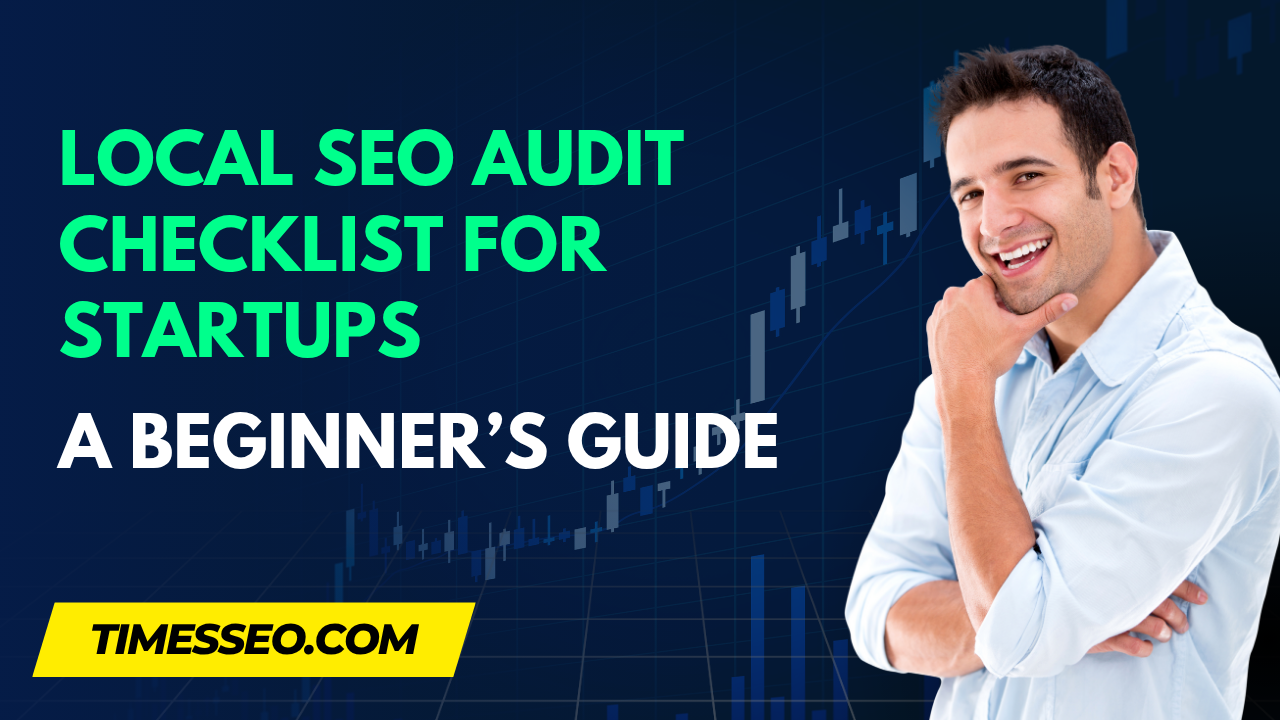 Local SEO Audit Checklist for Startups: A Beginner’s Guide28 Jun 2025 Blog
Local SEO Audit Checklist for Startups: A Beginner’s Guide28 Jun 2025 Blog -
 Top On-Page SEO Audit Steps for Service Websites Every Business Should Know29 Jun 2025 Blog
Top On-Page SEO Audit Steps for Service Websites Every Business Should Know29 Jun 2025 Blog -
 Technical SEO for WordPress: The Ultimate Beginner’s Guide01 Jul 2025 Blog
Technical SEO for WordPress: The Ultimate Beginner’s Guide01 Jul 2025 Blog -
 The Impact of On-Page SEO Audit Steps for Service Websites on UX01 Jul 2025 Blog
The Impact of On-Page SEO Audit Steps for Service Websites on UX01 Jul 2025 Blog -
 Technical Mobile SEO Audit Tips for Developers02 Jul 2025 Blog
Technical Mobile SEO Audit Tips for Developers02 Jul 2025 Blog -
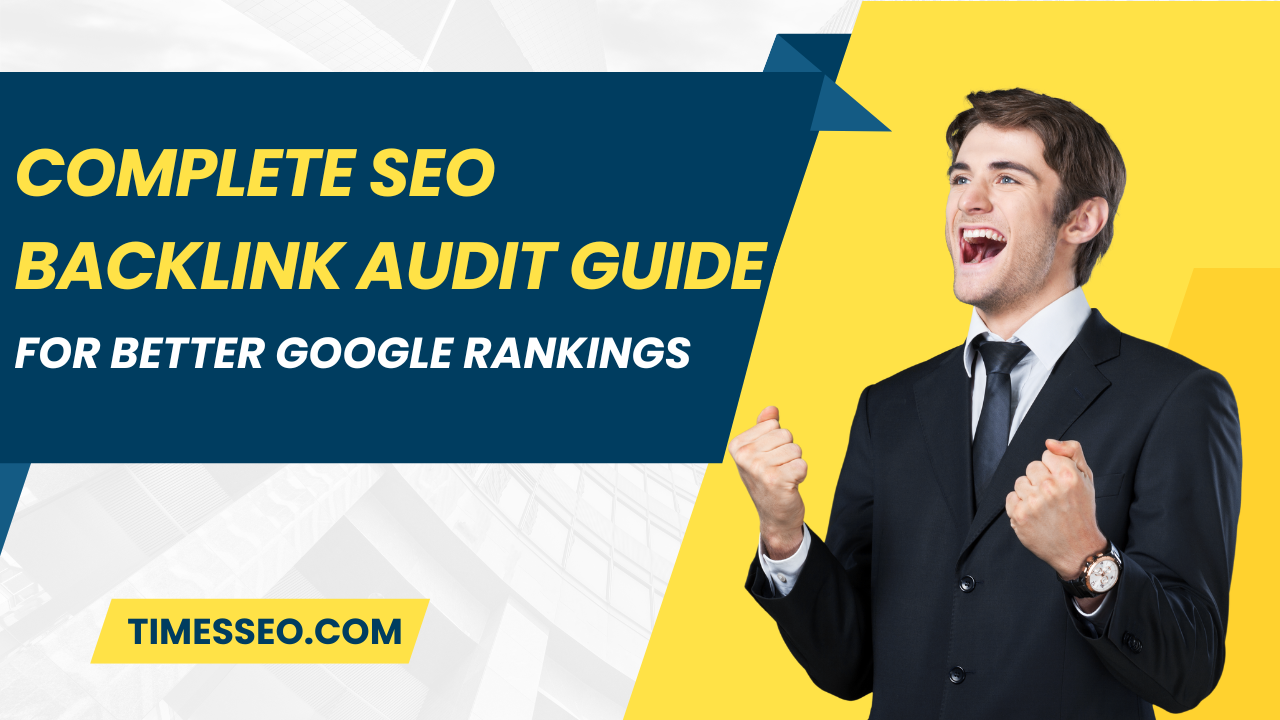 Complete SEO Backlink Audit Guide for Better Google Rankings03 Jul 2025 Blog
Complete SEO Backlink Audit Guide for Better Google Rankings03 Jul 2025 Blog -
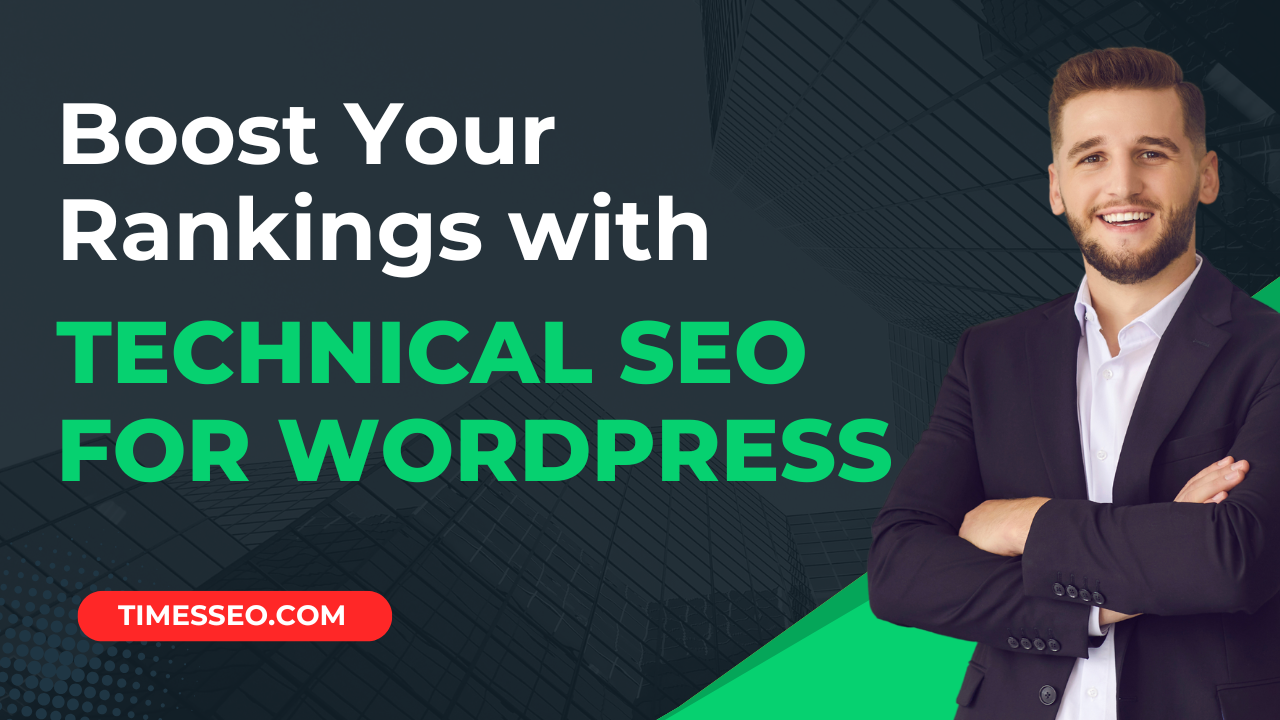 Boost Your Rankings with Technical SEO for WordPress01 Jul 2025 Blog
Boost Your Rankings with Technical SEO for WordPress01 Jul 2025 Blog

